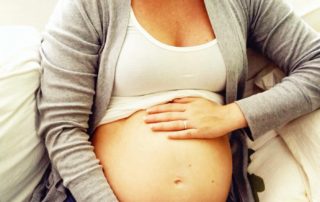In Brief: Study Finds No Link Between Antipsychotics and Gestational Diabetes
Given the number of younger women using atypical antipsychotic medications, we need more accurate data regarding the reproductive safety of these medications. To better understand the link between antipsychotic medication and medical conditions associated with [...]









